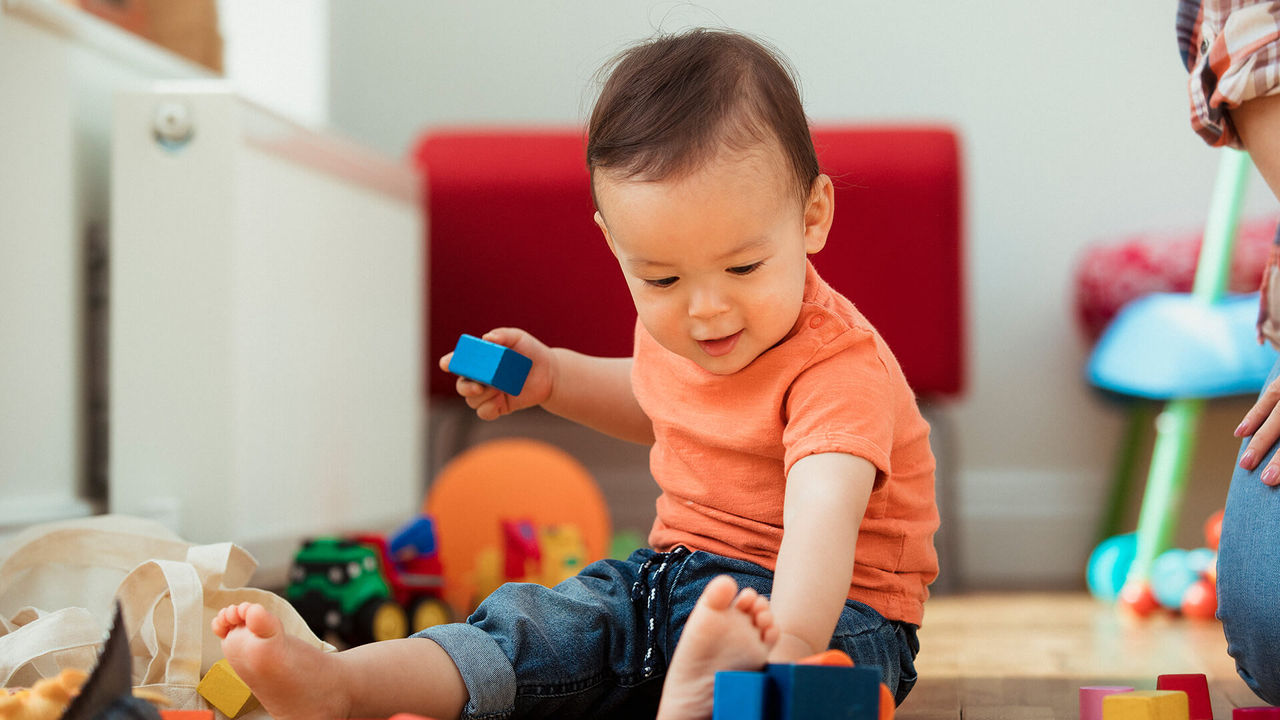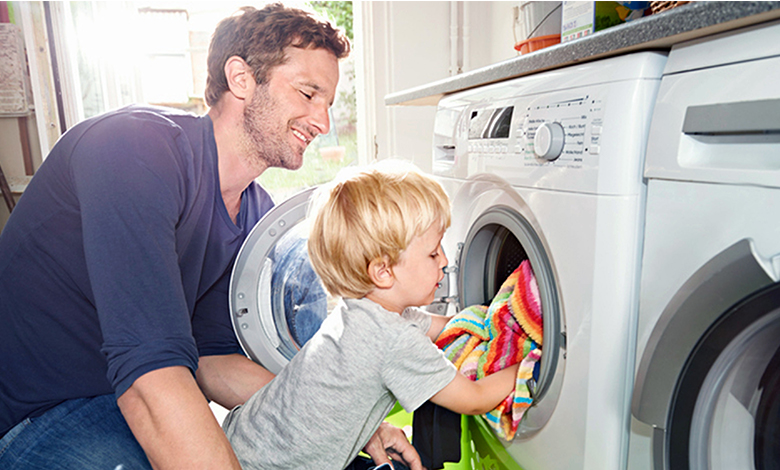- Your children’s behaviour is not a reflection on you
- We need to help our children label their emotions
- Time-outs don’t work when your child has an outburst
Helping your child deal with big emotions

Key points
Dr Justin Coulson - Lading Parenting Expert
Just like us, children feel big and complex emotions. But unlike us, they have very limited ability to regulate – to control – them. They also lack the language capacity to communicate their feelings. When something happens that they’re unsure or unhappy about, their only way of conveying that is to let out what’s building up inside them. This can be very uncomfortable and inconvenient for us, but it’s all they’ve got to work with.
If you’re busy, distracted, tired or stressed – all things that come with living life – your reaction to your child’s big emotions is likely to be one of frustration. Or, you may take the old advice that crying is a means of getting attention, so you’ll ignore your child or send them to a time–out. Unfortunately, those responses are some of the least helpful things you can do, even though they come naturally to a lot of us. Instead, consider these 2 recommendations for how to handle these situations.
The first strategy is as simple as removal and distraction. The reality is that children under the age of 3 don’t have the cognitive capacity to understand discipline. To them, it will just seem like the big person won’t let them do what they want to do. So, when they’re upset or emotional, pick them up, reassure them, remove them from the challenging situation and distract them. (I’d also recommend checking to see if they’re hungry, tired or whether they’ve got a dirty nappy.) Other than that, don’t get them in trouble or tell them to ‘stop it’ – none of this helps. Our anger and anxiety will only make a bad situation worse.
Emotions are contagious. Children will catch our chaos, they’ll catch our crazy and they’ll catch our cranky – but they’ll also catch our calm. A more emotion-focused response might often be appropriate too. When your child is having an explosive outburst, pause and recognise that this emotion is a chance to connect with them. What they need is for the most important person in their life to put their arms around them and say, “I know how hard this is. I’m here for you.” Then ask them, “How can I help?” Our child is not going to give us much of a response if we stop there. Their speech and language is limited, especially when they’re having a hard time. You might follow up your “How can I help?” with “Do you want Mummy to give you big cuddles?” Or “Would it be better if…?” Make some gentle, helpful suggestions and most of the time they’ll calm down – not necessarily because of anything you’re saying, but because they feel safe and understood.
When our focus is on helping our children manage big emotions we tend to be more compassionate – and we are more likely to guide them to emotional safety better.
Label emotions
People think discipline means we’ve got to punish our kids – but it doesn’t. Discipline means we help our kids. It means we teach and guide them. But we can’t discipline them when their emotions are high. So, pick them up, calm them down and get curious. Now, we don’t want to say, “What happened?” or, “What went wrong?” because young children are non-verbal – especially when they’re emotional. It’s developmentally inappropriate to expect our children to can share their feelings before the age of 3 or 4. We should try and name the emotion our little one is feeling for them. If we can name it, we can tame it. Then, we empower them by saying, “Wow, that must have been hard. What do you think we should do?”, or “How can I help?”. Even at ages 2 or 3, they have those answers inside them. We do need to put limits on these answers, but to the extent it is possible, we want them to come up with their own responses. Research shows that if we adopt this kind of approach, our children develop the capacity for self-regulation, learn empathy and foster an emotional vocabulary from an earlier age. In turn, this will help them learn social and conflict resolution skills. These are all milestones that are best developed through patient and careful example, rather than explicit teaching. Remember, your child’s behaviour is not about you – it’s about their world. But the way you respond is entirely up to you.
Related pages

Get in touch with our Careline experts
When your little one is unhappy or unwell you want reliable support from a trusted source. Our Careline team of nutritionists, dietitians and midwives specialise in infant and child health, offering free nutrition, feeding and product information.
Every feeding journey is unique
Not every parent can produce breast milk. No matter what choice you make, we will support your unique feeding journey.
We at Nutricia believe in providing the best nutrition for babies, which is why we recognise breast milk is uniquely superior for babies as it provides many benefits. It is important that mums have a healthy diet to support breastfeeding. A decision not to breastfeed, or partial bottle feed, may reduce breast milk supply making it difficult to reverse. The cost and social implications of using feeding methods should be considered. Always seek professional advice about feeding your baby. Ensure formula is used as directed as improper use can affect baby’s health.
REMEMBER: The information on this page is general only. If you have any concerns about your baby’s poo or questions about constipation or any other health concerns, please speak to a healthcare professional, like a Pharmacist, GP or Maternal Child Health Nurse.



